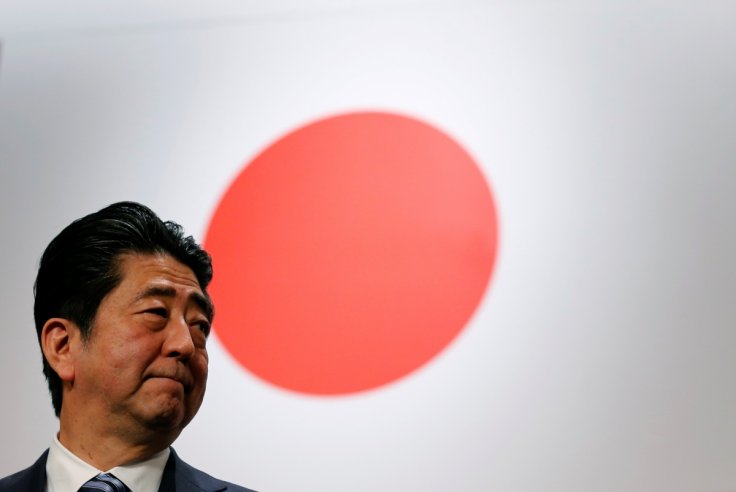In a record low for the second consecutive month, Japan again recorded a 99.9 percent slump in the number of visitors from abroad in May due to restrictions imposed to contain the spread of COVID-19 in the country, official sources said on Wednesday.
In April, some 2,900 foreigners arrived in Japan, which was a 99.9 percent slump year-on-year, and in May the number dropped further to some 1,700 visitors, the lowest figures since the authorities began recording the data in 1964, Efe news reported.
On Apr. 3, Japan began extending the ban on the entry of foreign visitors to prevent the spread of COVID-19, which has so far infected nearly 18,000 people with at least 931 deaths. Travelers from 111 select countries are banned from entering Japan and so far, the country's government has not announced the date from when it will reopen its borders in order to allow the entry of people from the countries included on the blacklist.
Japan Recorded a 99.9% Slump in the Number of Visitors

Entry into Japan is only allowed for the people from these countries who have had to travel out of the country under extraordinary circumstances, such as the death of a family member abroad and are returning to their place of residence.
According to figures provided by the tourism office of Japan on Wednesday, in May some 50 tourists from the United States, around 30 from India, some 30 from China and around 20 from South Korea arrived in Japan, as well as travelers of other nationalities. Tourists from China, South Korea and Taiwan usually top the list of foreign visitors to Japan.
Before the entry ban was imposed on the more than 100 countries that make up the current blacklist, the Japanese authorities required visitors to remain in quarantine for two weeks, an important element to discourage tourists.
Between January and May, the number of foreign visitors to Japan stood at 3.94 million, 71.3 percent less than the first five months of 2019. Although Prime Minister Shinzo Abe's administration is considering partially easing entry restrictions, it is focused on stimulating domestic tourism through subsidies, the local Kyodo news reported.









